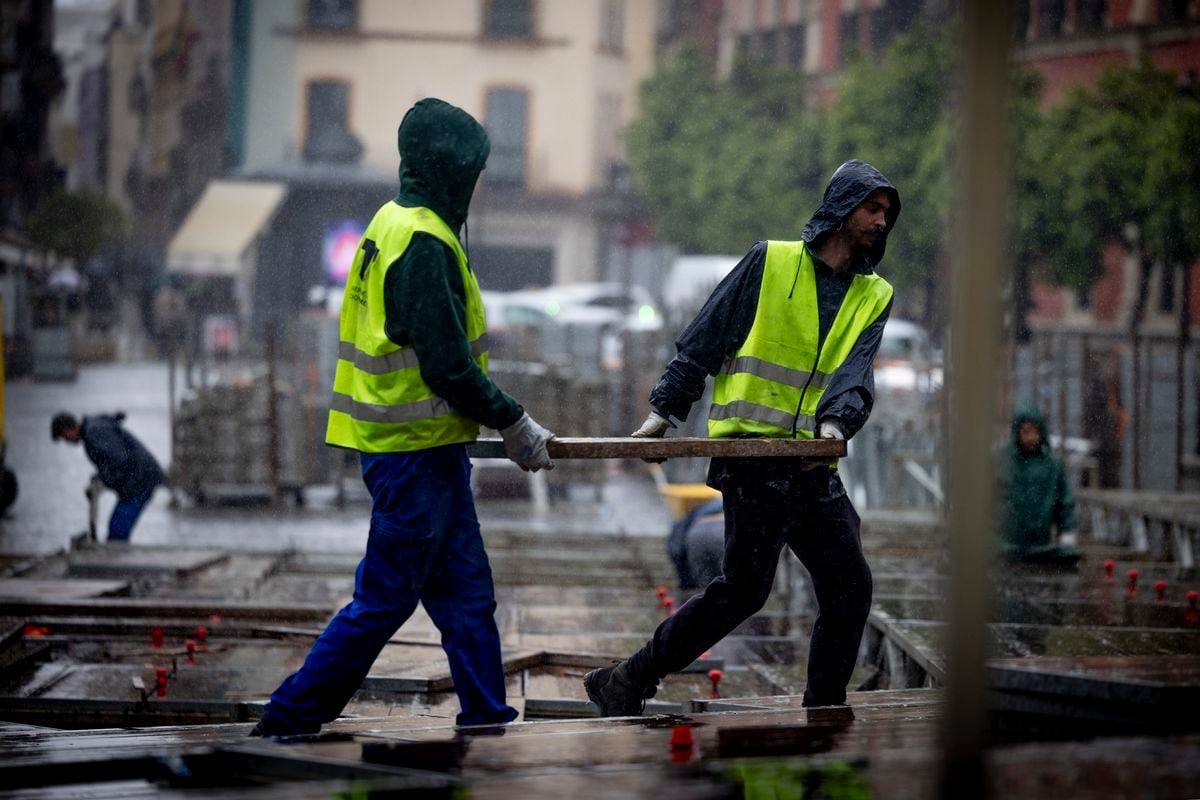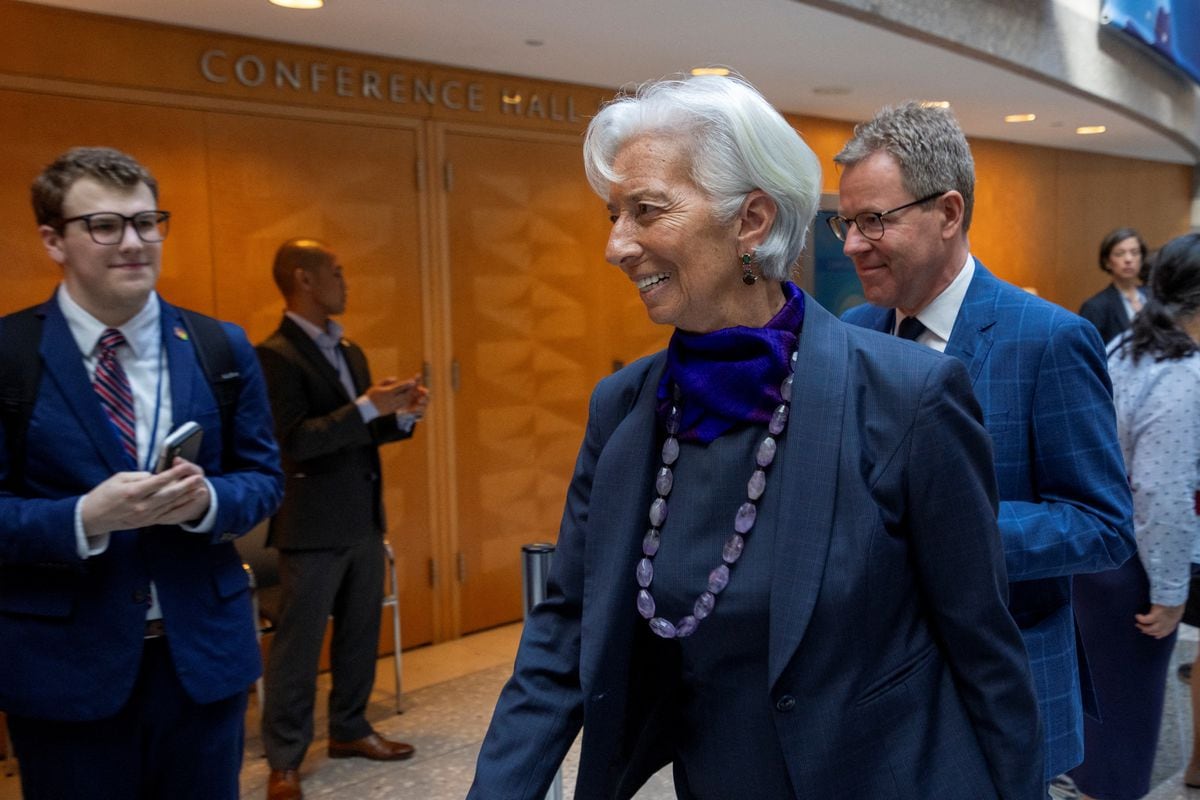- Sat. Apr 20th, 2024
Latest Post
2023 EPA Population Figures Reveal 142,800 More Employed But Unemployment Rate Climbs to 11.8%
The National Institute of Statistics (INE) has recently incorporated data from the 2021 Population and Housing Census into the Active Population Survey (EPA) for the past three years. This update…
Jury Selection Completed for Trial Involving Donald Trump, Stormy Daniels Affair to be Addressed Next Week
The jury for the historic trial of Donald Trump in New York has been selected, consisting of twelve members and six alternates. This means that the trial can move forward…
The Digital Age’s Hidden Treasure: Why Google Finds Our Online Activities Valuable
The recent accusation against Google for collecting data from users during their private browsing highlights a crucial issue in the digital age: the valuation of our data by technology companies.…
Europe urged by IMF to increase integration in order to compete with the United States
The International Monetary Fund (IMF) recommends promoting regional integration as a strategy for Europe to close the gap in growth, productivity, and income compared to the United States. The organization…
G7 promises support for Israel while pledging assistance for Ukraine
The international community breathed a sigh of relief as news of an Israeli attack on Iranian territory spread. The attack, however, was targeted and far from Tehran and sensitive nuclear…
Cybertruck Recall: Tesla Addresses Accelerator Pedal Stickiness
Tesla has been ordered to recall nearly 4,000 of its Cybertrucks due to an accelerator pedal that can stick in place when pressed down. The cause of the issue, as…
‘Advancing the Promotion of Semiconductor ICs via Research Initiatives’
Deputy Minister of Science and Technology Tran Hong Thai emphasized the importance of prioritizing national and ministerial-level research topics on semiconductor chips to support master’s and graduate students participating in…
Tadweer joins forces with Livedian to reduce carbon emissions from waste
The Tadweer Group has partnered with the British climate company Levidian in international projects focused on removing carbon from waste. They are currently working on developing a pilot project that…
Ukraine Downs Russian Strategic Bomber for First Time in War
The Russian Ministry of Defense confirmed that a Tu-22 bomber crashed due to a technical fault and had no ammunition on board. The governor of the Stavropol region stated that…
West Virginia City Boasts World’s Largest Teapot
National Tea Day is celebrated in the United States on Sunday, and the world’s largest teapot is located in Chester, West Virginia. Heinz History Center and Lincoln Highway historian Brian…


:quality(75)/cloudfront-us-east-1.images.arcpublishing.com/elcomercio/4XJE6WJSHVFZ7IJWR4NI5YP7U4.jpg)

